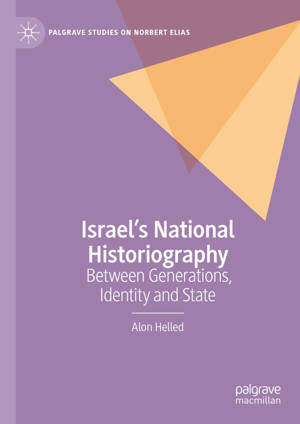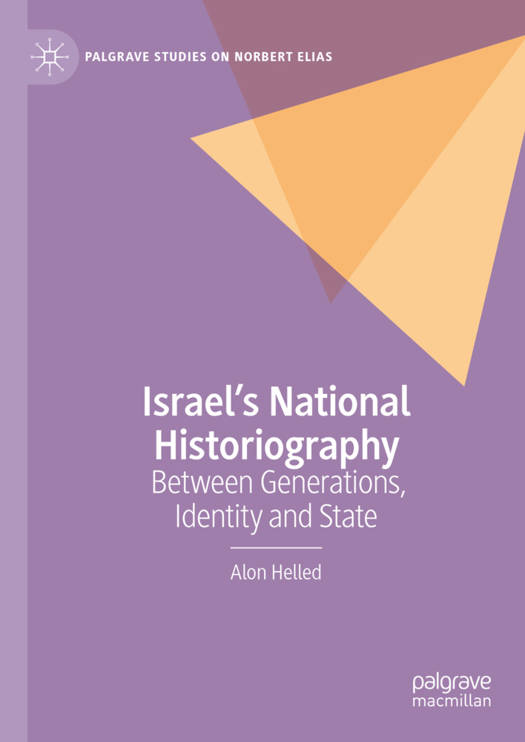
- Retrait gratuit dans votre magasin Club
- 7.000.000 titres dans notre catalogue
- Payer en toute sécurité
- Toujours un magasin près de chez vous
- Retrait gratuit dans votre magasin Club
- 7.000.000 titres dans notre catalogue
- Payer en toute sécurité
- Toujours un magasin près de chez vous
Description
The book analyses the development of Israel's national identity through the world of local Jewish Zionist historiography. Inspired by Norbert Elias' historical and figurational sociology, the book examines the different phases and generations in Israel in light of the collective habitus and the nation-state survival unit, set by Zionism. It does so by putting in relation the intellectual profession of history-writing and the processes of state and identity building. It processually pursues the autonomization of the historiographical field in Israel from its socio-genesis in pre-state Israel to recent decades. By combining together well-established literature on the relations between nationalism and statehood and on the particularity of the Israeli case, the book updates the state of the art and opens new debates on Jewish\Israeli exceptionalism, while shedding light on continuity and change in Israeli statehood vis-à-vis the supposed uniqueness of Jewish history, as reinterpreted and codified by Zionism. As it examines the interconnections between local intelligentsia and politics, the enquiry avails of the sociological concepts of "generation," "habitus," "survival unit," "field," according to the long-period tradition of research in Pierre Bourdieu, Norbert Elias, Max Weber, and more. This rich sociological conceptualization permits to mirror and contextualize Israel's national identity with both intellectual and sociopolitical emphases. By situating Israeli historians and their profession on the dynamic crossroads and intersections of academia, politics, and greater society, the study delineates the deep meaning of "Israeliness."
Spécifications
Parties prenantes
- Auteur(s) :
- Editeur:
Contenu
- Nombre de pages :
- 171
- Langue:
- Anglais
- Collection :
Caractéristiques
- EAN:
- 9783031627941
- Date de parution :
- 04-09-24
- Format:
- Livre relié
- Format numérique:
- Genaaid
- Dimensions :
- 158 mm x 212 mm
- Poids :
- 367 g







